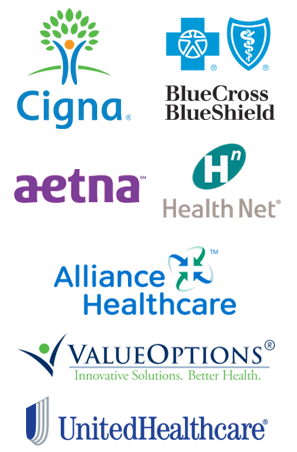Bath Salts
Bath Salts are synthetic stimulants, meaning they are man-made by combining different chemicals. The chemicals used are synthetic derivatives of cathinone, which is a central nervous system stimulant and an active chemical found naturally in the khat plant. Two of the most popular designer cathinones used in bath salt products are mephedrone and MDPV (3-4 methylene-dioxpyrovalerone). Law enforcement officials believe that the stimulant chemicals contained in these products are manufactured in China and India and packaged for wholesale distribution in Eastern Europe. Many countries have already banned these products.
These synthetic stimulants that are marketed as bath salts are often found in a number of retail products and exist under many different brand names. Many of these products are sold over the internet, in convenience stores and in head shops. Bath salts are sold in powder form. They come in a small plastic or foil package and are available in either 200 or 500 milligram amounts. Mephedrone is a fine powder that is usually white, off white or slightly yellow in color. It can also be found in tablet and capsule form. MDPV is a fine powder that is either white or off-white in color.
Bath salts are usually administered by sniffing or snorting. They can also be taken orally, smoked or put into a solution and injected intravenously. Individuals who abuse these substances usually report the following side effects: agitation, insomnia, irritability, dizziness, depression, paranoia, delusions, suicidal thoughts, seizures and panic attacks. Users have also reported; impaired perception of reality reduced motor control and decreased ability to think clearly. Since cathinone derivatives act as central nervous system stimulants they cause rapid heart rate (which may lead to heart attacks and strokes), chest pains, nosebleeds, sweating, nausea and vomiting.
Bath salts are usually marketed with the warning “not intended for human consumption” on their packaging. Anytime that an individual puts an uncontrolled or unregulated substance into their body, the effects are unknown and can be extremely dangerous. Although at one point in time it was legal to sell and purchase bath salts that is no longer the case. In 2011 the Drug Enforcement Administration (DEA) published a final order in the federal register exercising its emergency scheduling authority to control the three synthetic stimulants that are used to make bath salts, including: Mephedrone, 3-4 methylenedioxypyrovalerone (MDPV) and Methylone. This action makes possessing and selling these chemicals, or the products that contain them, illegal in the United States. This emergency action was necessary to prevent an imminent threat to the public safety. As a result of this order, these synthetic stimulants are designated as Schedule I substances under the Controlled Substances Act. Schedule I status is reserved for those substances with a high potential for abuse, no currently accepted use for treatment in the United States and a lack of accepted safety for use of the drug under medical supervision.
Street names of bath salts include: Bliss, Blue Silk, Cloud Nine, Drone, Energy-1, Ivory Wave, Lunar Wave, Meow Meow, Ocean Burst, Pure Ivory, Purple Wave, Red Dove, Snow Leopard, Stardust, Vanilla Sky, White Dove, White Knight and White Lightening. Drugs that cause similar effects include: amphetamines, cocaine, Khat, LSD and MDMA.
If you or someone you love has a problem with bath salts, call our professionals at Sobriety Resources (855)289-2640 today to experience the freedom of sobriety.


